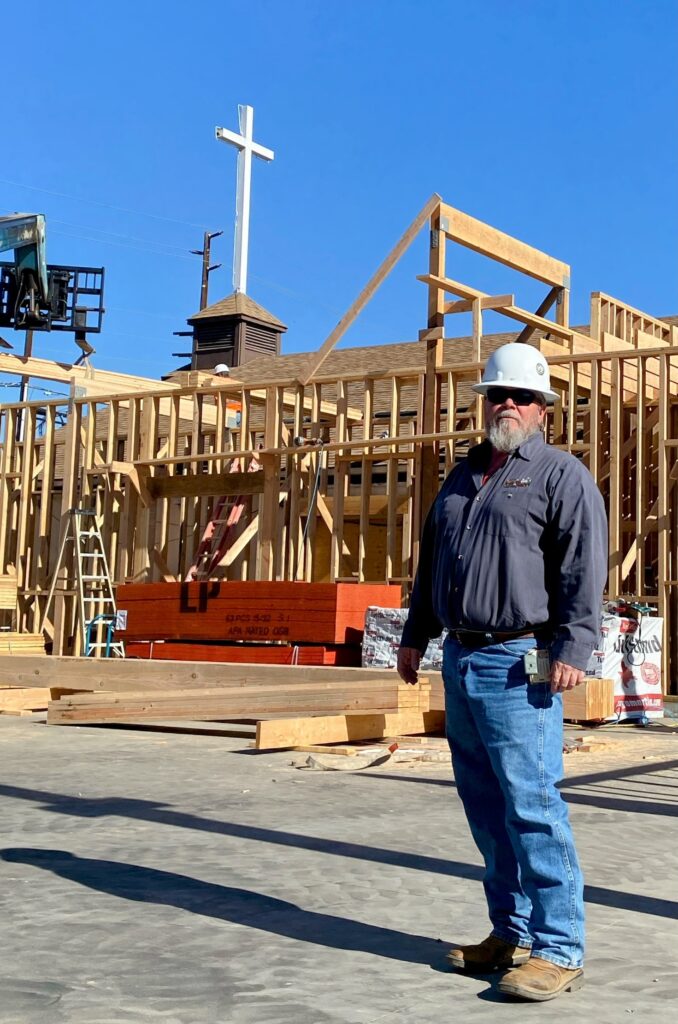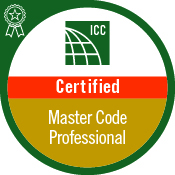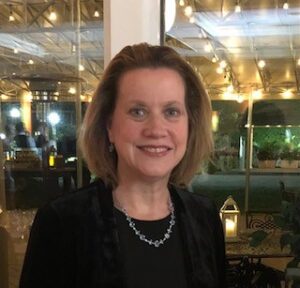
Jay Thompson Pays it Forward as a Master Code Professional
Thompson, Senior Building Inspector for the City of San Dimas, California, is one of the latest of approximately 1,000 MCPs worldwide.
Earning the International Code Council’s Master Code Professional (MCP) designation is the apex of proficiency in the code profession.
As the highest level of all Code Council certifications, MCPs significantly enhance the code enforcement profession and the communities they serve. MCPs hold 17 or more Code Council certifications and typically oversee technical and managerial aspects of code enforcement. Their duties range from managing a code enforcement department to supervising inspectors and plan reviewers.
Jay Thompson, Senior Building Inspector for the City of San Dimas, California, is one of the latest of approximately 1,000 MCPs worldwide. He is a member of the Code Council’s Foothill Chapter, representing the interests of code officials in the Southern California region mostly along the foothills of the San Gabriel Mountains.

Family Matters and Mentors
Thompson launched his building safety career working alongside his brother, Lyndall, starting as a laborer under his guidance.
“My mentors were my brothers. Lyndall taught me the building trades and to keep trying to achieve more than what I ever thought possible,” said Thompson. “My other brother, Michael, always encouraged me to keep going.”
Moreover, he emphasized that his wife is the most influential person in his life.
“With the support and encouragement from my wife, Tina, I obtained my general contractor’s license,” he said. “She taught me not to make excuses, the importance of keeping one’s head held high, character, determination and the importance of hard work.”
The Master Code Professional Journey
Thompson said pursuing the MCP has been a long path since taking his first test through ICBO (1994 Uniform Building Code).
“With the number of certificates that I had obtained over the course of my career, I viewed the MCP certification as the prized possession of the building inspection world,” he said. “The MCP certification was the crowning achievement of the certifications that were possible.”
He did not set his sights on the MCP certification until after he obtained his Certified Building Official (CBO) certificate.
“Being close to achieving the MCP, I came down with the MCP fever,” said Thompson. “The MCP followed a year later.”
All of Thompson’s preparation was done through self-study.
“I took the time to read each code book from cover to cover for each exam,” he explained. “I would highlight sections that I thought were important and significant. I utilized the online self-paced training that the Code Council offers to supplement my self-study.”
Listen to Episode 61 of the ICC Pulse Podcast, The Noble Path to Master Code Professional, here.
Satisfaction Through Sharing Expertise
Thompson cites his top career accomplishment as the ability to train others in the industry—including two exemplary individuals.
“A mechanic, Ghassan Alameddine, voluntarily dedicated his time to learn inspections with me without pay for about one year,” explained Thompson. “He was able to obtain his Code Council certification as a building inspector and then get hired by a private contract company. Ultimately, he was hired by a local jurisdiction (City of Pasadena) where he has demonstrated his knowledge and dedication to the building inspector craft.”
Another is Norberto Garcia, Building Inspector at City of San Dimas, with whom Thompson has worked for seven years. He said Garcia has obtained several Code Council certifications and is currently working toward the MCP.
“Norberto came to us from the food industry and has taken to the code books with an impressive understanding and application of the codes,” said Thompson. “He has also shown an interest and passion in teaching those with whom he comes into contact.”
Thompson advises those entering the industry to take it slowly.
“When reading the code, slow down, read it again and don’t stop reading until you have finished the sentence or paragraph,” he said. “It will change the way you understand the code.”
Master Code Professional Benefits, Requirements and Next Steps
Thompson emphasized that building safety professionals don’t take obtaining the MCP certification lightly.
“The hundreds, if not thousands, of hours put into achieving the certificate shows the dedication that the individual has devoted to obtaining recognition by the Code Council,” he said.
See who became a MCP in 2024 here.

Earning MCP certification can increase earnings and advance careers. It demonstrates a strong commitment to the profession, diverse knowledge of codes and a high level of self-initiative.
To become an MCP, a candidate must obtain 30 credits by passing Code Council examinations. The credits are divided into two categories: core examinations totaling 20 credits and elective examinations totaling 10 credits. Once achieved, an MCP must complete a total of 60 hours of continuing education units (CEUs) every three years to remain in active status.
To learn more, visit the Code Council’s Master Code Professional Designation webpage.








